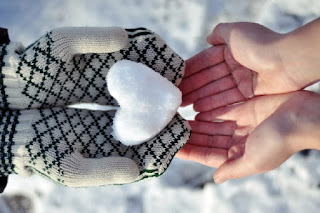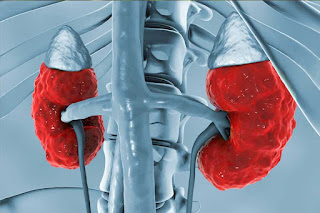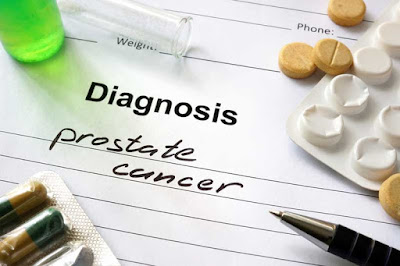How much water should you drink per day?

Our human body is built with 60% water, give or take. Our body constantly discharges water via urine and sweat. To maintain the balance and prevent dehydration, our body need adequate amount of water. The amount of water an individual should consume within a day has many different opinions. The amount of water consumption depends on individual to individual as per many factor includes internal and external which affect your water need. No any formula fit to everyone. Health Benefits of Water Water is the main component in your body and makes up 60% of your body weight. Every organ, tissue and cell needs water to function correctly. For example, water Keeps your body temperature normal Blow wastes from body through urination Lubricating joints Protects and empower sensitive tissues Lack of water leads to dehydration – a situation when the amount of water in your body goes below the normal level that leads to organ malfunction and drain your energy. Water intake affects ...




